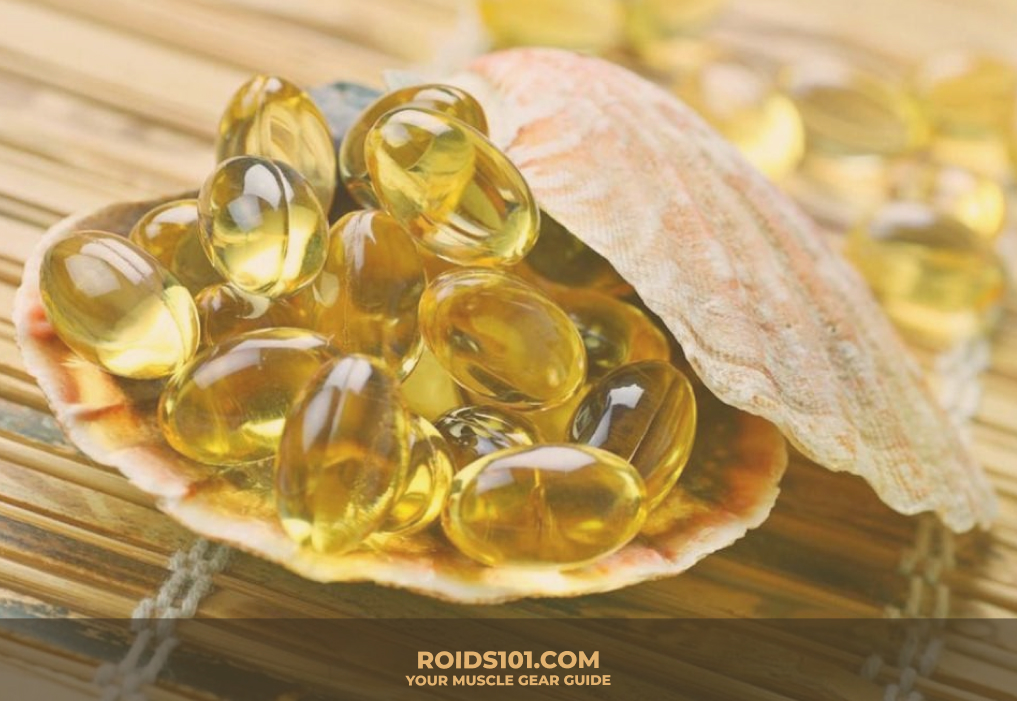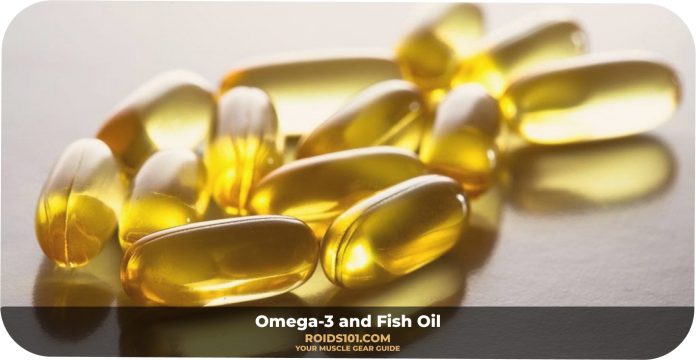Omega-3 polyunsaturated fatty acids are an important variety of fatty acids. They can be found in fish oil and certain plants, however, it is not that simple.
Benefits and What is Omega-3
Omega-3 is the most significant and important group, which consists of three different substances. They will differ in degree of exposure to the body, which must be taken into account. Omega-3 acids are often compared with vitamins due to the fact that they cannot be produced by the body itself and that they have similarly beneficial effects on health and metabolism in general.
Omega-3 Content In Fish Oil

It is important to know that it’s fish oil that is one of the main sources of Omega-3 in the human diet, and about fifty percent of marine fish fat is usually attributed exclusively to the Omega-3 polyunsaturated fatty acids.
The more fat fish holds, the more substances beneficial and necessary for the human body this fish contains. For example, river fish are extremely poor in Omega-3, which should be taken into account. As for marine fish, the content of Omega-3 varies from one to two grams, and the liver of cold-water fish is different in that it contains bigger amounts of these substances.
Omega-3 Vegetable Sources
It is important to understand that Omega-3 is contained in the oils of certain plants. As for their efficiency compared to fish, it should be kept in mind that the amounts of Omega-3 are lower, with leaders in this class being chia seed oil and kiwi.
Moreover, only five to ten percent of Omega-3 contained in vegetables can actually be absorbed by the human body.
Omega-3 Daily Intake
The minimum dosage of Omega-3 is about 250 mg per day, with 1000 mg being an optimal dose that actually affects health. In general, it is the source of Omega-3 that matters most.
Before starting to take Omega-3, it’s necessary to study the matter more closely in order to avoid any undesired side effects and troubles with health, to check on possible contraindications for your specific case, for sometimes such problems may occur.
For example, regular consumption of fish oil will begin to manifest itself positively at the moment when a person manages to cover the deficiency already existing in the body. As with almost anything, there is a principle that too much of anything may cause harm to a certain extent. This case in not an exception, and taking doses higher than recommended can produce unwanted results

Omega-3 Deficiency
If Omega-3 is absent in the diet (and it is fair for most people, actually), then you can encounter various health problems, because in the first place, immunity and metabolic processes are seriously affected. This leads to various heart diseases, which in turn may lead the trouble further. Don’t take it to the extremes and you’ll be just fine.
The Benefits of Fish Oil
Fish oil and fatty acids are famous for the fact that they are able to improve the condition of the skin, accelerate the most important recovery processes that have a positive effect on muscle growth.
According to experts, the use of fish oil, provided it is used correctly, will allow you to forget about depression and bad mood forever. It also helps to reduce the risk of certain cardiovascular diseases. Among other pros, omega-3 fatty acids contribute to the excellent absorption of calcium, and bone tissue is strengthened. Omega-3 is also famous for the fact that it effectively protects the joints, making them more mobile, which means reducing the risks of arthritis and its varieties.
The Best Fish Oil Supplements

Choosing a supplement with Omega-3 requires careful consideration. For example, never forget to carefully study the instructions, this includes the dosage recommended by the manufacturer, the content of certain active substances.
Another important point is price. It is better not to try saving yourself a few extra cents. Doing so, you might compromise the quality of the supplement, which that way can be devoid of certain substances. Never forget, exceeding the prescribed daily dosage can lead to various problems.
Conclusion
Healthy foods are famous for providing the body with beneficial fatty acids that the body needs, so with a properly designed diet, supplements may not be required at all. But the situation is that you need it, take the best you can find and affor



